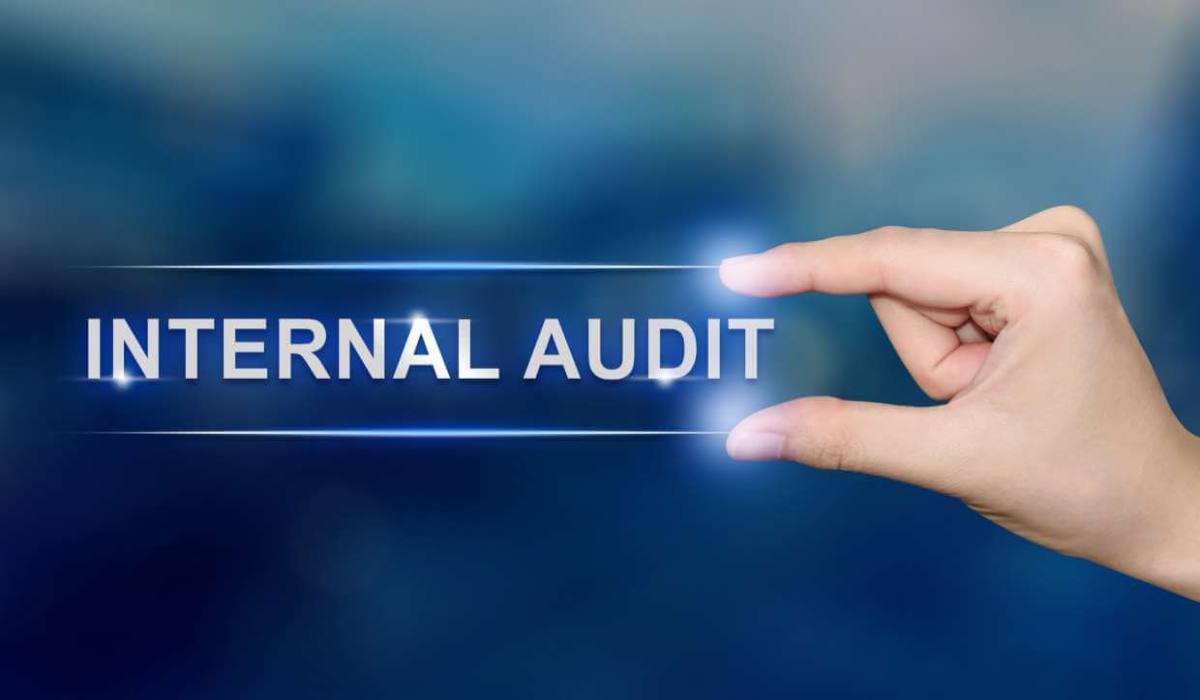Introduction: –Internal Audit is an independent function involving continuous and critical appraisal of the functioning of an organization with a view to suggest improvements thereto and add value to the governance mechanism of the organization. It helps the organization to evaluate the effectiveness of risk management and internal control implemented and provides recommendation for improvement.
Why Internal Audit require for a company?
As per Section 138 of Companies Act 2013 read with rule 13 of Companies (Accounts) Rule, 2014, following class of companies shall be required to appoint an internal auditor or firm of internal auditor, namely:
- Every listed companies;
- Every unlisted companies having:
- Paid up share capital of fifty crore rupees or more during the preceding financial year; or
- Turnover of two hundred crore rupees or more during the preceding financial year; or
- Outstanding loan or borrowings from bank or financial institution exceeding one hundred crore rupees or more at any point of time during the preceding financial year; or
- Outstanding deposits of twenty five crore rupees or more at any point of time during the preceding financial year;
- Every private company having:
- Turnover of two hundred crore rupees or more during the preceding financial year; or
- Outstanding loan or borrowings from bank or financial institution exceeding one hundred crore rupees or more at any point of time during the preceding financial year;
Although, other than above companies are not required for internal audit but they can appoint an internal auditor for improve and mature organization business process.
Why is internal audit important for a Company?
An internal audit is essential to maintain operational efficiency and financial reliability and to safeguard the assets. It provides independent assurance that an organization risk management, governance, and internal control process are operating effectively.
Internal auditor looks discrepancies between operational process and the processes are designed to do. If such a discrepancies are found, they advise the management on process to implement for improvement.
Let’s take a look at seven reason why internal audit is important and its purpose in keeping your organization compliant with the common framework and regulations:
- Increase productivity: Internal audit is an objective assurance and consulting activity designed for add value and improve business operation. Internal audit can help an organization accomplish its strategic objectives by bringing a systematic, discipline approach to evaluating and improving the effectiveness of risk management, control and governance process. By continuously monitoring and reviewing the organization processes, internal auditor can identify the control recommendation to improve the efficiency and effectiveness of these processes and they also help to an organization to dependent on processes rather than on people.
- Evaluate Risk and protect the assets: A regular internal audit assess a company control and help to uncover evidence of frauds, help to identify any gaps in the environment and allow for a remediation plan to take place. Internal audit program will help to an organization to track and document any changes that have been made to environment and ensure the mitigation of any found risks.
- Quality Control: Internal auditor help the organization how well system and process are designed and keep the company goals on track and also provide the consulting on how to improve those system and processes if and when necessary.
- Independent and unbiased insight: Internal audit provides unbiased view into how effective internal controls of your business. If an organization has limited resources and they are unable to setup an independent audit team, they could cross-train employees to audit each other’s departments.
- Good Corporate Governance: Internal audits evaluate a company’s internal controls, including its corporate governance and accounting processes. They ensure compliance with laws and regulations, accurate and timely financial reporting and data collection. They also help maintain operational efficiency by identifying problems and correcting lapses before they are discovered in an external audit.
What criteria/ scope of work of Internal Auditor have been defined by the Act?
The Board or Audit Committee of the company shall in connection with internal auditor, decide the scope, functioning, periodicity and methodology for conduction of internal audit. The Act does not prescribe any time frame for conducting an internal audit but it is considered a good practice to conduct the audit quarterly so that the compliances can monitored properly.
Conclusion: –
Internal audit should not be looked as a compliance burden but as basic necessity for effective and healthy growth of the company.
To download the pdf file of the above post, please click on the download button below.
About Us:
DPNC Global LLP is a full service consulting firm providing multi-disciplinary services to clients ranging from MNCs, Indian Corporates from across industries to Family Offices and UHNIs, both in and outside India.
Our Risk Advisory Services (RAS) team offers solutions to help organizations and their management to effectively balance risk management, governance and compliance while moving towards their short-term and long-term strategic goals. Our team comprises a group of qualified and experienced professionals with in-depth knowledge and specialization in risk advisory services including for conducting Internal Audits, developing Standard Operating Procedures etc. We leverage our knowledge of industry best practices and domains across organizations of all sizes and sectors to streamline and develop systems, processes & solutions that are tailored to be suitable for our clients. To know more about our services in Risk Advisory Services, visit https://dpncglobal.com/risk-advisory/
Disclaimer:
The information contained herein is in summary form and is based on information available in public domain. While the information is believed to be accurate to the best of our knowledge, we do not make any representations or warranties, express or implied, as to the accuracy or completeness of such information. This document is not an offer, invitation, advice or solicitation of any kind. We accept no responsibility for any errors it may contain or for any loss, howsoever caused or sustained, by the person who relies on it.


